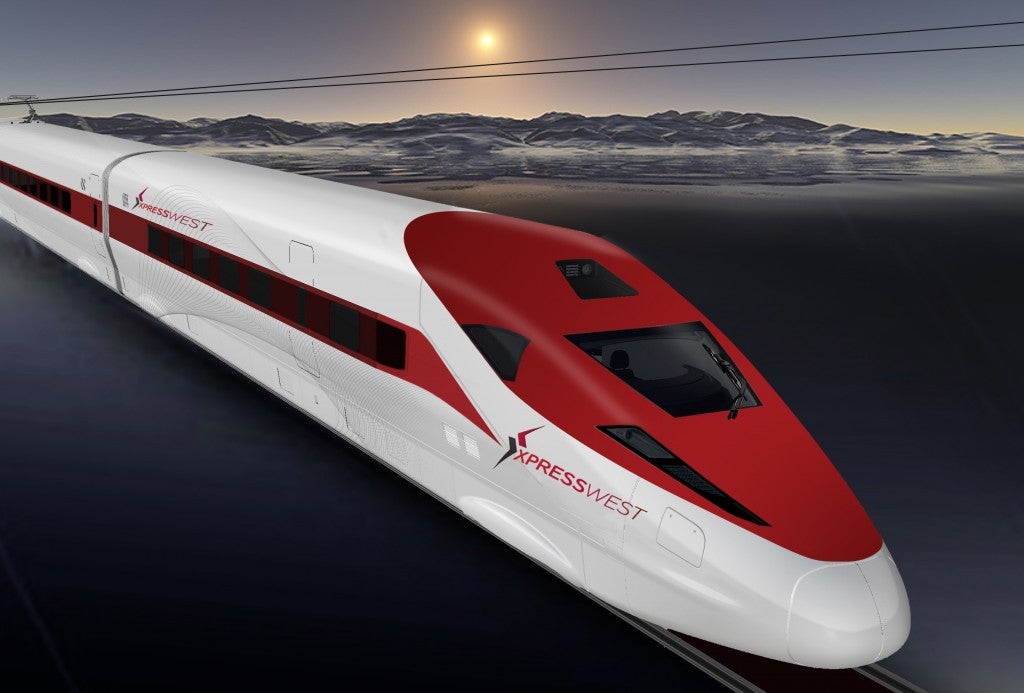Senate Budget Committee Ranking Member Jeff Sessions (R–AL) and House Budget Committee chairman Paul Ryan (R–WI) sent a letter yesterday to Transportation Secretary Ray LaHood, urging the Department of Transportation to reject a $5.5 billion gamble on high-speed rail.
The train, called XpressWest, would run from Victorville, California, to Las Vegas, Nevada. As Heritage Foundation visiting fellow Wendell Cox notes with skepticism, “Promoters expect people to drive 50 to 100 miles to get to the station and then get off the freeway, park, and board the train for the final 175 miles to Las Vegas.” Translation: Keep on dreaming.
Indeed, the plan’s viability depends on wildly optimistic projections of ridership—four times that of Amtrak’s Acela train on the Northeast Corridor—and accompanying fare box revenues. If they fail to materialize, as Cox’s risk assessment of the project estimates, then the train will be unable to repay the loan, leaving taxpayers on the hook.
Sessions and Ryan note that Railroad Rehabilitation and Improvement Financing (RRIF) loans are “incredibly generous to the borrower.” XpressWest would be receiving the largest RRIF loan issued in history.
Citing these concerns and the risk of incurring tremendous capital cost overruns—all of which have characterized similar high-speed trains around the world—Sessions and Ryan write:
For these reasons, we are deeply troubled by the prospects of subsidizing another costly, wasteful, and risky high-speed rail project, particularly when our nation is facing a debt crisis that threatens the well-being of the current and future generations of Americans.… We would urge the Administration to reject the XpressWest loan application and to direct its available RRIF funds to more worthy transportation infrastructure projects that could truly provide a reasonable rate of return to the taxpayers of this nation.
Sessions and Ryan also request that the Government Accountability Office (GAO) review the XpressWest train, the RRIF program as a whole, and Cox’s risk assessment. They then ask the GAO to report on the “economic viability” of the XpressWest proposal and the true risk it poses to taxpayers.
High-speed rail is one of the more expensive and thus unviable forms of transportation. If it worked, the commercial financial sector wouldn’t have steered clear of it before costly federal subsidies came along.
The Administration is determined to pursue high-speed rail despite the tremendous risk to taxpayers. Sessions and Ryan are right to question this truly wasteful project, the XpressWest boondoogle.
